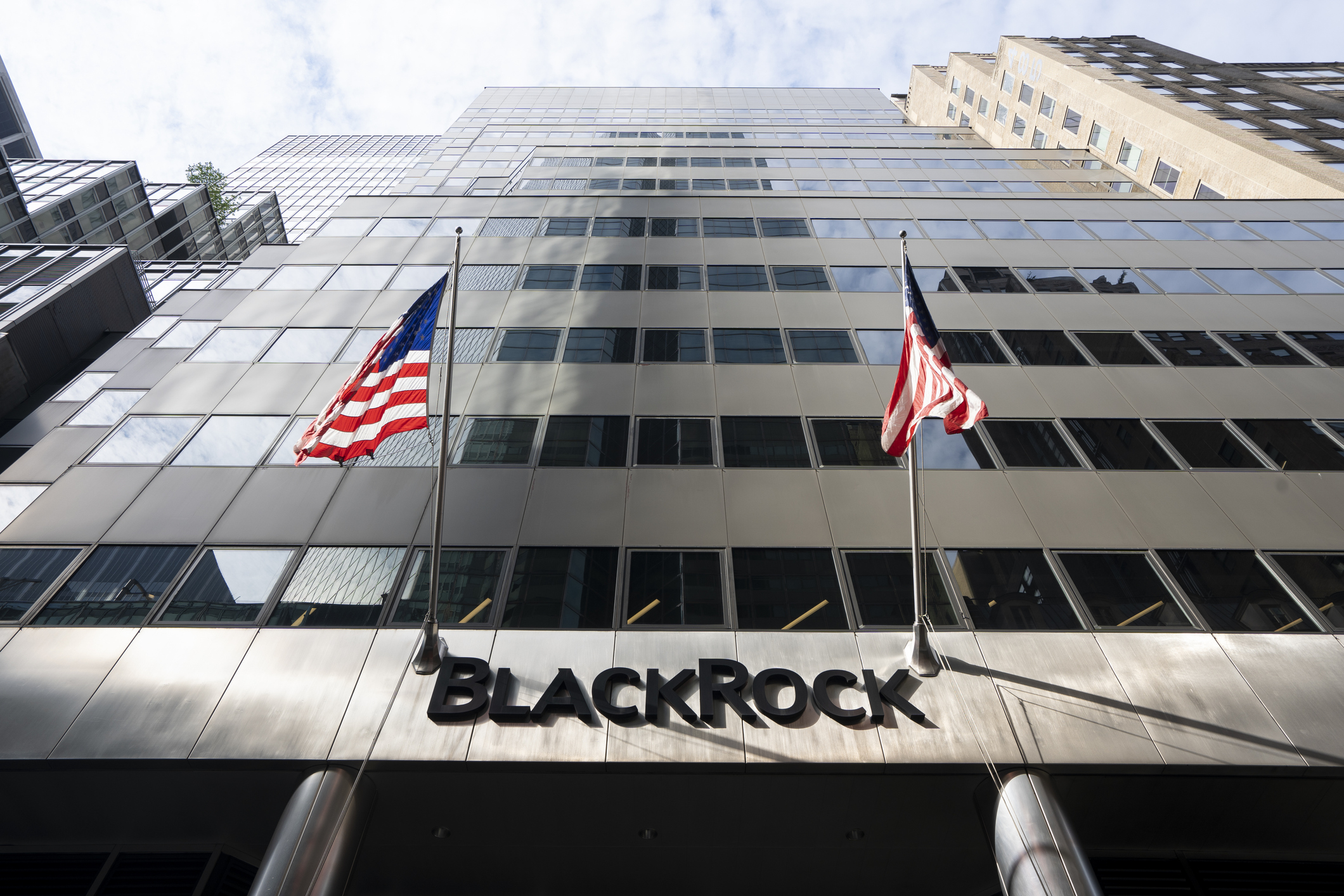Bitcoin’s journey from a cryptocurrency to a global economic influencer marks one of the most exciting developments in modern finance.
As nations grapple with rapid technological changes, more people are not only recognizing Bitcoin’s presence but also integrating it into their economic systems.
The article discusses 10 countries that warmly accept and legally use Bitcoin as an investment asset.

United States
The U.S. Treasury Department’s Financial Crimes Enforcement Network (FinCEN) has issued guidance on Bitcoin since 2013.
The Treasury defines Bitcoin as convertible currency with an equivalent value in real currency or that can act as a substitute. The U.S. does not consider Bitcoin “legal tender.”
Under current U.S. law, any entity handling or exchanging Bitcoin, such as cryptocurrency exchanges and payment processors, is classified as a money services business (MSB). Therefore, MSBs must comply with the Bank Secrecy Act and register with the U.S. Treasury, reporting transactions over $10,000.
The U.S. Treasury and FinCEN have also developed strategies and legislative processes to regulate and prioritize cryptocurrency tracking and reporting.
Japan On March 7, 2014, the Japanese Cabinet recognized the legality of accepting Bitcoin in exchange for goods or services. The regulatory landscape became clearer in April 2017 when Japan’s Payment Services Act brought cryptocurrency exchanges under its scope.
Exchanges must register and comply with record-keeping, security measures, and user protection in line with anti-money laundering regulations.
The law defines “cryptocurrency” explicitly as electronically stored property value but does not recognize it as legal tender. The Japanese government acknowledges cryptocurrency’s purchasing power but does not recognize it as legal tender since it’s not issued by a central bank.
South Korea
South Korea regulates cryptocurrency transactions under the Act on Reporting and Use of Certain Financial Transaction Information (“March 2020 Amendment”), effective since March 2021.
The law provides a regulatory framework for cryptocurrency and related services, officially legalizing it in South Korea and requiring compliance measures. The March 2020 Amendment mandates all Korean virtual asset service providers to:
- Register official bank accounts and provide customers with real-name bank accounts;
- Obtain Information Security Management System (ISMS) certification from the Korea Internet Security Agency (KISA);
- Submit company and bank account details to the Korea Financial Intelligence Unit (KoFIU);
- Implement extended Anti-Money Laundering/KYC procedures.
The Ministry of Economy and Finance continues to advocate tax code amendments for cryptocurrency taxation.
Canada
The Canada Revenue Agency (CRA) views Bitcoin as a commodity for income tax purposes.
Income from Bitcoin transactions is considered business income or capital gains and must be reported accordingly. Canada classifies cryptocurrency exchanges as money services businesses.
This subjects them to the Proceeds of Crime (Money Laundering) and Terrorist Financing Act (Canada’s AML/ATF law). Consequently, crypto exchanges must register with the Financial Transactions and Reports Analysis Centre of Canada (FINTRAC), report suspicious transactions, comply with compliance plans, and maintain certain records.
Indonesia
Bitcoin is legal in Indonesia but not as legal tender. Following regulations issued by the Commodity Futures Trading Regulatory Agency (Bappebti), it recognizes Bitcoin as a tradable commodity on futures exchanges.
Licensed crypto exchanges legally trade Bitcoin. Indonesia has a complete crypto ecosystem with traders, exchanges, clearing, and depositories.
Australia
In Australia, cryptocurrency is legal but largely unregulated. The Australian Securities and Investments Commission (ASIC) does not regulate most crypto and digital assets as financial products, so platforms for buying and selling crypto may not be regulated.
However, the Australian Taxation Office views Bitcoin as a financial asset subject to capital gains tax.
When Australians sell, exchange, trade, gift, use Bitcoin in transactions, or convert it to fiat currency, they trigger capital gains tax.
The tax office also requires Australians to keep records of all Bitcoin transactions for taxation purposes.
El Salvador
While other countries have legalized Bitcoin, El Salvador is the first and only country to declare Bitcoin as legal tender after President Nayib Bukele received congressional approval to adopt it as a form of payment.
El Salvador has added over 2,000 Bitcoin to its economy and offers citizenship to Bitcoin investors.
Hong Kong
Hong Kong has embraced Bitcoin and cryptocurrencies with clearer regulations. In June 2023, after discussions with the crypto industry and other stakeholders, Hong Kong implemented a new licensing regime for Virtual Asset Trading Platforms (VATPs).
Exchanges operating in Hong Kong must apply for a specific license from the Hong Kong Securities and Futures Commission (SFC), contributing to market stability and investor protection. Hong Kong is the first Asian country with a Bitcoin spot ETF.
Malaysia
In Malaysia, Bitcoin is not recognized as legal tender but is regulated under the Securities Commission Malaysia (SCM) through the Capital Markets and Services Order 2019, classifying certain digital currencies and tokens as securities.
In 2021, SCM amended the crypto Travel Rule to the Malaysian national framework through updates to the Anti-Money Laundering and Terrorism Financing Prevention Guidelines for Reporting Institutions in the Capital Market, effective April 1, 2022.
Thailand
In Thailand, Thailand’s Emergency Decree on Digital Asset Businesses considers Bitcoin and cryptocurrencies as digital assets. The decree regulates secondary trading in crypto and initial coin offerings (ICOs).
The Thai Securities and Exchange Commission (SEC) must license crypto exchanges Digital asset operators, including exchanges, brokers, and dealers, can only trade or exchange cryptocurrencies listed by the SEC and for Thai Baht.
Digital asset operators are classified as financial institutions and must comply with anti-money laundering and terrorism financing regulations. In terms of taxation, only profits from trading cryptocurrencies and digital tokens and digital token farming are subject to withholding tax.
As of April 2023, six digital asset exchanges and nine digital asset brokers are licensed to buy and sell cryptocurrencies in Thailand, with over seven leading cryptocurrencies available.
More Crypto News: https://blog.dinodapps.com/
Follow Safubit Social Media : Twitter/X, Instagram, Tiktok



